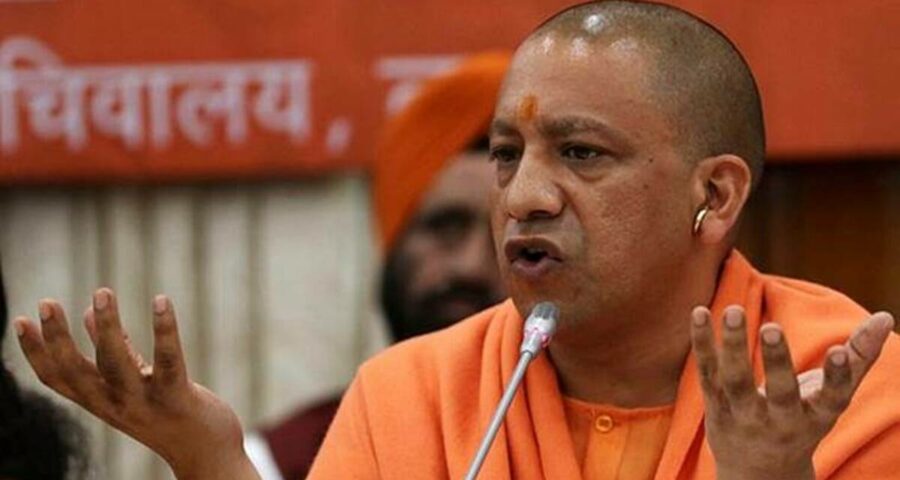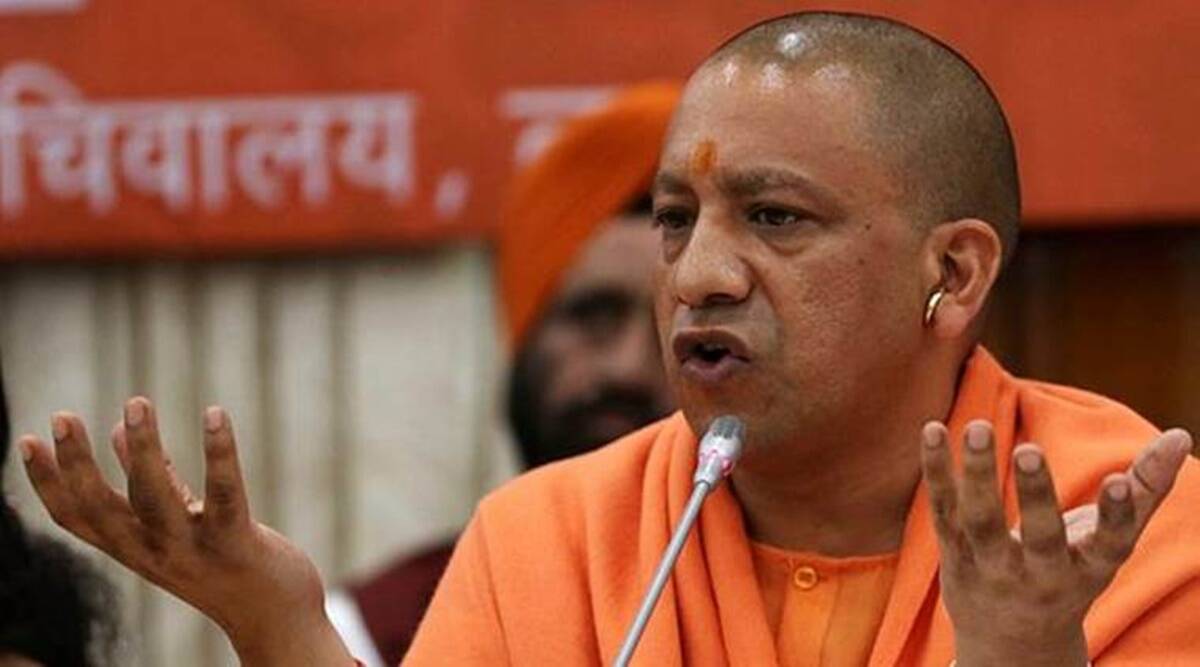The government made the submission in an affidavit filed by Special Secretary (Home) Atal Kumar Rai in the Allahabad High Court, which is hearing a batch of petitions challenging the UP Prohibition of Unlawful Conversion of Religion Act, 2021.
While defending the anti-conversion Act in the Allahabad High Court, the UP government has submitted that “it is well settled that the community interest will always prevail over individual interest”.
The government made the submission in an affidavit filed by Special Secretary (Home) Atal Kumar Rai in the Allahabad High Court, which is hearing a batch of petitions challenging the UP Prohibition of Unlawful Conversion of Religion Act, 2021.
The affidavit was filed in reply to the petition by Association for Advocacy and Legal Initiatives Trust (AALI). The matter will come up for hearing on November 15.
Governor Anandiben Patel promulgated the ordinance on unlawful conversion days after it was passed by the UP Cabinet in November last year. The ordinance became an Act in March this year.
“…Wherever the personal law comes into play and the individual exercises the right of personal liberty but the personal law of the community to which the individual wants to enter upon by changing his (gender neutral) religion or religious practice causes issue of complexities as the dignity of the individual gets compromised and the individual is not assured the equality of status,” the affidavit says.
“Thus, what happens is that the individual while exercising the right of personal liberty loses his dignity and equality of status to the religion that he does not adopt but is trying to take benefit of some sort by being in the society of the member of the other religion. In such situation the individual even though has not changed his religion, but has only exercised the right of liberty/choice to be in association with member of other religion but is deprived of the benefits as the benefit of the new religion will not be available unless and until a conversion takes place,” it says.
“This conversion”, therefore, “will be against the choice of the individual who wants to remain in the society with the member of the other religion but does not want to leave his faith.”
The affidavit mentions a ruling of the Supreme Court, which it says had said that the right to practise, profess, and propagate religion does not include a right to convert.
The affidavit says that as far as “intra fundamental rights are concerned, these fundamental rights are the rights of an individual vis à vis rights of the community”.
When a “fear psychosis” is spread in the community and it succumbs to pressure resulting in forceful conversion, it needs to be protected, and no “microanalysis of individual interest can be looked into”, it says.
The anti-conversion Act “protects public interest” and maintains “public order”, the affidavit says — it is not community thinking but community interest that the Act is safeguarding.
The affidavit says that not just UP, eight states in the country have enacted legislation to check unlawful conversions. Myanmar, Bhutan, Sri Lanka, and Pakistan too have anti-conversion laws, it says.
The affidavit says that the assertion in the challenge to the Act that no official data is available to substantiate the claim that the social fabric is threatened by forcible conversion, is “fallacious, misconceived”.
“Numerous instances of forcible conversions have been recorded in FIRs,” the affidavit says.
The state government has said that incidents of forced conversions have also been probed from a national security angle; it has attached a report by the UP ATS with the affidavit.
It says that only when coercion, fraud, and misrepresentation have been used as instruments for solemnisation of marriage will the Act be in force.
It adds that to discount the institution of marriage, and use it as some “instrument of conversion goes against the very ideals of our Constitution which is premised on the idea of individual autonomy”.
According to the affidavit, 79 cases had been registered under the anti conversion law in the state until July. Chargesheets had been filed in 50 cases, and closure reports in seven. Investigation was pending in 22 cases.
Source: Read Full Article


